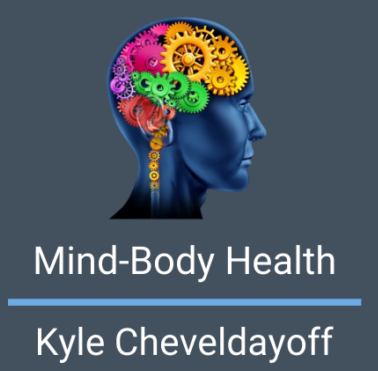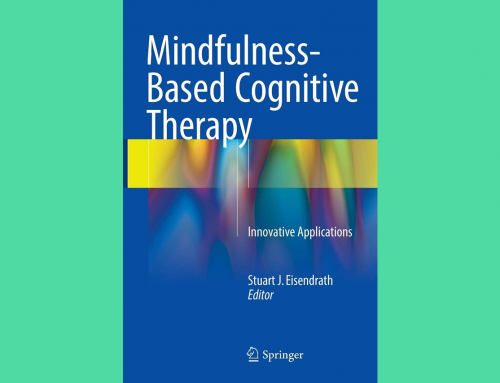Articles of Interest
Meditation and/or Yoga assists with PTSD

A 2017 study, evaluating 19 other studies, showing that Meditation and/or Yoga assists with PTSD.
Information that many people don’t know:
In the Western world, we often think of Yoga as the stretching, holding poses, and often super sweaty exercise we do at the local yoga studio. Yes, the one that reminds me of how inflexible I am. It’s interesting to know, however, that Yoga is actually a Sanskrit word which means: a union of the individual consciousness or soul with the Universal Consciousness or Spirit. Yes, this sounds deep but keep reading because I promise you don’t have to live in flip flops and be a vegetarian to benefit from some aspects of Yoga practice. Especially the aspect of meditation. Yoga is actually a 10,000+ year old Indian body of knowledge that many researchers still study today. Meditation is a part of Yoga and is in fact incorporated into many psychological therapies used today.
Some information and questions to test your Meditation/Yoga knowledge:
- Was meditation spoken of in ancient texts (e.g., Vedic teachings like the Upanishads) as a cure for most mental illnesses, OR was it used to increase overall intellect. Answer: Both. It was commonly referred to as the main mind-exercise to cure depression, anxiety, anger, addiction, sexual problems, and many more.
- So, would any current-day therapies using meditation practices be the same as the 10,000+ year old teachings mentioned above. Answer: Yes and No. There are many ways to meditate (e.g., mindfulness meditation) and many things to meditate on.
Meditation will not be taught well by someone who doesn’t have their own established practice. If seeking a therapist who can train you in meditation, I recommend to be direct with them and ask if they have a regular meditation practice themselves. You likely wouldn’t hire a personal trainer who’s never exercised themselves. So, make sure the personal trainer for your brain has also exercised their own mind through meditation. You can always learn meditation yourself, and I often recommend a handful of different resources to my clients to assist them along the way. But a good teacher will save you time, money, and get you to back in the saddle of your mind to take control of the reigns again and direct the horses pulling you through life.
Click here to see the abstract of the study.
Details of the Study
The Study: A recent 2017 study investigated whether 19 past studies were effective in using Meditation and Yoga for symptoms related to PTSD.
Posttraumatic stress disorder (PTSD): is a chronic and debilitating disorder that affects the lives of 7–8% of adults in the U.S. This article examines the results of 19 previous studies (1173 participants) to see if Meditation and Yoga can help resolve symptoms of PTSD.
Meta-analysis: is a type of study (which this one is) that examines a collection of other similar studies, combining them as one, and analyzing them together as one large study.
Results of the Study: This meta-analysis study determined that Meditation and Yoga are promising complementary approaches in the treatment of PTSD among adults.
Source:
sciencedirect.com
“Most people don’t realize that the mind constantly chatters. And yet, that chatter winds up being the force that drives us much of the day in terms of what we do, what we react to, and how we feel.”
Jon Kabat-Zinn
PhD Molecular Biology / Researcher
The founding Executive Director of the Center for Mindfulness in Medicine, Health Care, and Society at the University of Massachusetts Medical School. Founding director of the renowned Stress Reduction Clinic and Professor of Medicine emeritus at the University of Massachusetts Medical School. Creator of the Mindfulness-Based Stress Reduction (MBSR) used world-wide. He received his PhD from MIT and is the author of numerous scientific papers and books on the clinical applications of mindfulness in medicine and health care.




